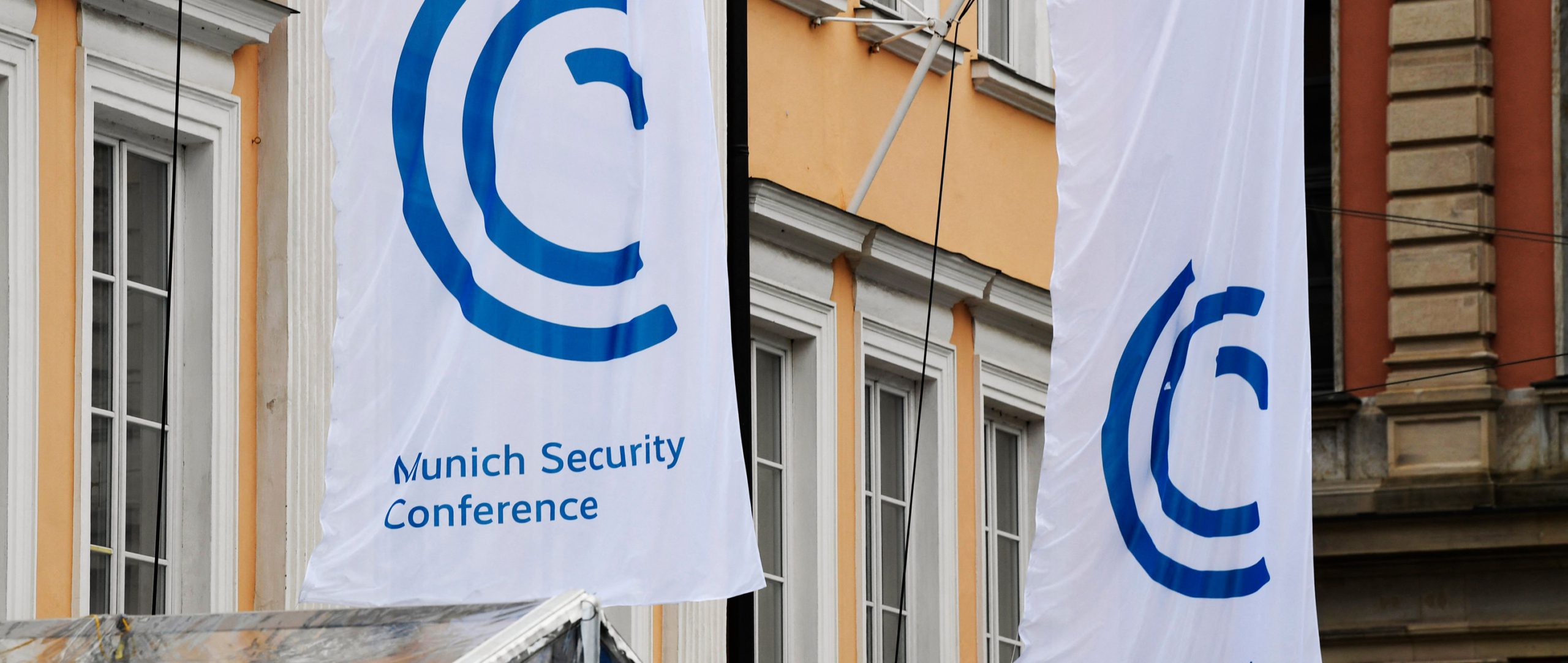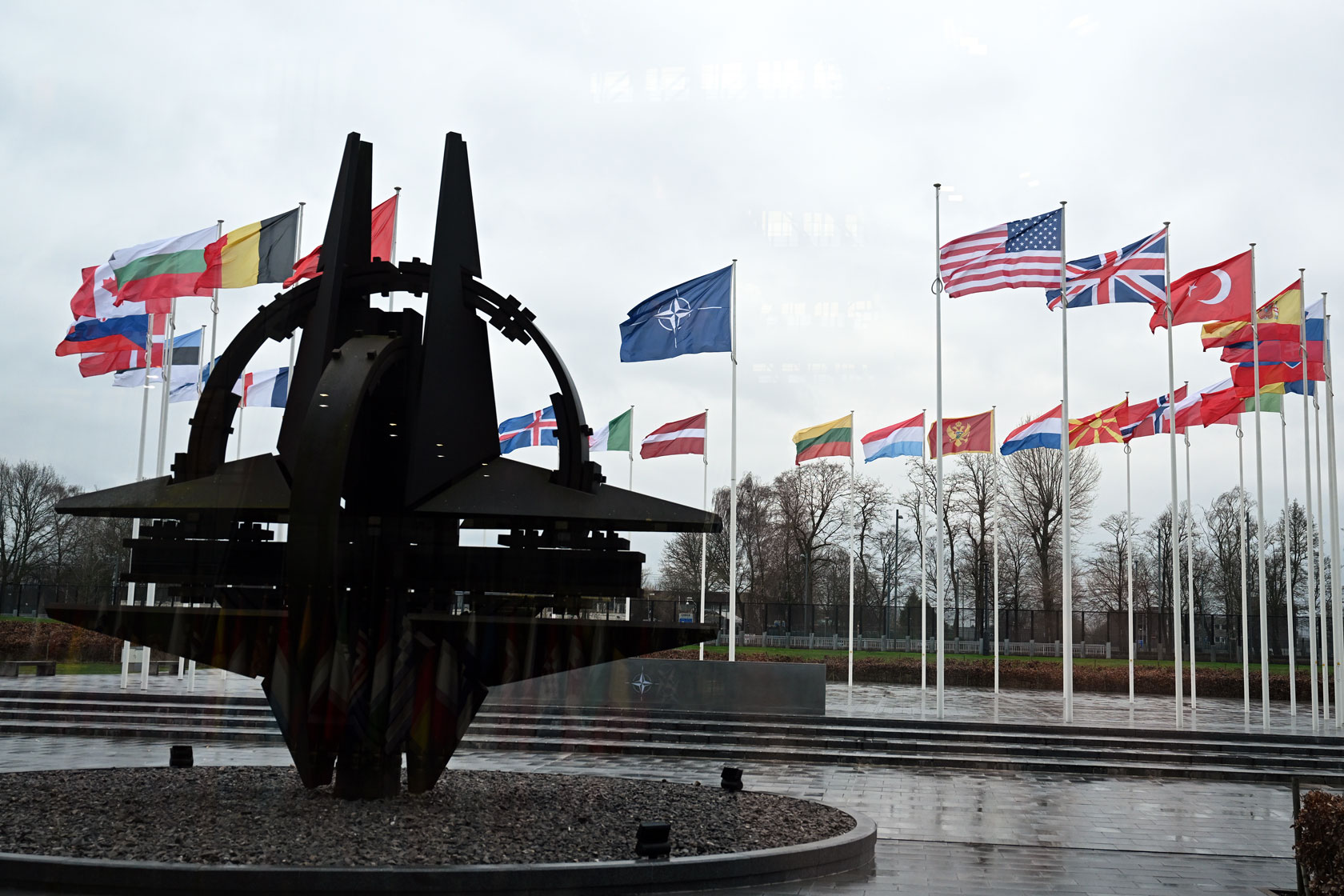As we fast approach the year 2025, the anticipation for the prestigious Munich Security Conference 2025 is palpable. This conference, renowned for shaping global security policies, will once again bring together world leaders, diplomats, and experts from various fields to deliberate on pressing security challenges facing the world. With the backdrop of evolving geopolitical landscapes, technological advancements, and security threats, the Munich Security Conference 2025 is poised to be a defining moment in setting the agenda for international security cooperation in the years ahead. Join us as we delve into the key themes and outcomes that are expected to emerge from this highly anticipated event.
Introduction to the Munich Security Conference
The Munich Security Conference is an annual event that gathers global leaders, policymakers, and experts to discuss pressing security challenges and shape international security policy. As we look forward to the Munich Security Conference 2025, it is crucial to anticipate the evolving security landscape and potential threats.
History of the Munich Security Conference
The Munich Security Conference, formerly known as the Wehrkunde, has been held since 1963 and has grown into the premier global forum for security and defense issues. Over the years, it has provided a platform for frank discussions and strategic dialogues.
Key Themes and Agenda
The Munich Security Conference 2025 is expected to focus on emerging security challenges, including cyber threats, terrorism, climate change, and geopolitical tensions. Global leaders will deliberate on innovative strategies to enhance cooperation and promote peace.
Moreover, discussions at the conference will likely address the impact of new technologies, such as artificial intelligence and 5G, on international security dynamics. The adoption of multilateral approaches and diplomatic solutions will be highlighted as essential tools in navigating complex threats.

History and Significance of the Munich Security Conference
The Munich Security Conference, an annual event dating back to 1963, serves as a platform for global leaders to discuss and address pressing security issues. Attendees include heads of state, military officials, and experts from various fields. The conference plays a pivotal role in shaping international security policies.
Evolution Over the Years
Since its inception, the Munich Security Conference has evolved to meet the changing dynamics of global security. It has expanded its agenda to include emerging threats such as cybersecurity, climate change, and terrorism.
Key Highlights
The conference provides a platform for open dialogue and collaboration among nations, fostering mutual understanding and cooperation. It has played a crucial role in facilitating conflict resolution and diplomatic initiatives.
Anticipated Themes for the Munich Security Conference 2025
As we look ahead to the Munich Security Conference 2025, several key themes are anticipated to dominate discussions and shape the global security landscape.
Technological Innovations and Cybersecurity
The intersection of technological advancements and cybersecurity will be a focal point at the Munich Security Conference 2025. AI-powered defense systems and quantum encryption technologies will be key topics of discussion.
Climate Change and Security Challenges
The impact of climate change on global security will be a significant theme at the conference. Participants will address resource scarcity, climate-induced conflicts, and the need for environmentally sustainable security policies.
Geopolitical Shifts and Strategic Alliances
With evolving geopolitical dynamics, the Munich Security Conference 2025 will explore the implications of changing alliances and emerging threats. Discussions will focus on fostering collaborative security frameworks and multilateral cooperation.

Key Speakers and Participants
The Munich Security Conference 2025 will feature a lineup of prestigious speakers and participants from around the globe. Leaders, policymakers, and experts in the field of security will convene to address the most pressing issues facing the international community.
Main Speakers
Renowned figures such as Secretary-General of the UN, prominent defense ministers, and top diplomats are expected to headline the event. These key speakers will offer insights and perspectives on the future of global security.
Additionally, influential thought leaders like security analysts and academics will contribute their expertise to the discussions, enriching the conference with diverse viewpoints.
Contributing Participants
Alongside the main speakers, the conference will host a wide array of participants, including representatives from civil society organizations, members of the media, and up-and-coming young leaders in the field of security.
- Government officials from various countries
- Experts in cybersecurity
- Academics specializing in international relations
Technological Innovations and Security Challenges
As we look ahead to the Munich Security Conference 2025, the intersection of technological innovations and security challenges will play a crucial role in shaping the global landscape. Rapid advancements in technology are revolutionizing the way security is approached, presenting both opportunities and risks.
The Role of Artificial Intelligence
Artificial Intelligence (AI) is expected to revolutionize security measures, providing proactive threat detection and response capabilities. However, the ethical implications and potential misuse of AI raise concerns about data privacy and security.
Emerging Cybersecurity Threats
The increasing digitization of critical infrastructure exposes vulnerabilities to cyber attacks. Government agencies and businesses must stay vigilant against ransomware, data breaches, and other cyber threats that can disrupt national security and economic stability.
Global Geopolitical Trends and Impacts
As we delve into the discussions at the Munich Security Conference 2025, it’s crucial to analyze the prevailing global geopolitical trends and their consequential impacts on international relations. From shifting power dynamics to emerging security threats, the global landscape is constantly evolving.
Rising Influence of Non-State Actors
The increasing influence of non-state actors, such as multinational corporations and NGOs, poses unique challenges to traditional state-centric geopolitics. Understanding their impact is imperative for global security strategies.
Technological Advancements in Security
The integration of advanced technologies like AI, cybersecurity, and space defense systems is reshaping the security paradigm. Nations must adapt to these innovations to stay ahead in the security arena.
- AI-driven cybersecurity measures
- Deployment of space-based defense systems
- Enhanced surveillance capabilities
Environmental and Climate Change Discussions
Amidst the discussions at the Munich Security Conference 2025, the spotlight was on the urgent need for addressing environmental and climate change issues. Experts emphasized the interconnectedness of global security and climate stability.
Challenges Faced
The growing impact of climate change on security was a major concern. Rising sea levels, extreme weather events, and resource conflicts were identified as key challenges that require international cooperation.
Deteriorating environmental conditions are likely to exacerbate existing security threats, making it crucial to integrate climate strategies into security policies. This integration is essential for sustainable global security.
Solutions and Actions
Participants discussed the importance of investing in renewable energy, promoting sustainable practices, and enhancing environmental resilience. Adopting green initiatives can mitigate the impact of climate change on security while fostering global stability.
- Enhancing climate diplomacy
- Implementing climate adaptation measures
- Promoting environmental conservation
Security Policies and International Relations
With the upcoming Munich Security Conference 2025, the focus on security policies and international relations is paramount. Countries worldwide are reevaluating their security strategies in the face of evolving geopolitical dynamics.
The Role of Multilateral Cooperation
Multilateral cooperation plays a crucial role in addressing global security challenges. Nations need to collaborate effectively to tackle issues such as terrorism, cyber threats, and nuclear proliferation. The Munich Security Conference 2025 will provide a platform for leaders to discuss and enhance multilateral initiatives.
Impact of Technology on Security
Advancements in technology have revolutionized the security landscape. From AI-driven surveillance to cybersecurity measures, nations are incorporating innovative technologies to safeguard their interests. Stay updated on the latest technological advancements discussed at the conference to understand future security trends.
Impact of the Munich Security Conference on Future Strategies
The Munich Security Conference 2025 is pivotal in shaping future global strategies. With world leaders convening to discuss pressing security issues, the outcomes will significantly impact international relations and defense policies.
Emerging Threats Addressed
The conference highlights innovative approaches to tackle evolving threats like cyber warfare and climate security.
Collaborative Defense Solutions
Delegates are exploring multilateral agreements to enhance collective defense mechanisms against common adversaries.
- Sharing intelligence for enhanced security
- Strengthening cyber defense strategies
Frequently Asked Questions
- What is the Munich Security Conference?
- The Munich Security Conference is an annual event that brings together world leaders, policymakers, and experts to discuss pressing security issues.
- When is the Munich Security Conference 2025 taking place?
- The Munich Security Conference 2025 is scheduled to take place from February 14th to February 16th, 2025.
- What can attendees expect from the Munich Security Conference 2025?
- Attendees can expect insightful discussions on emerging security challenges, speeches from prominent leaders, and networking opportunities with key decision-makers.
- Who typically attends the Munich Security Conference?
- The Munich Security Conference is attended by heads of state, foreign ministers, defense ministers, diplomats, military leaders, and other influential figures from around the world.
- What are some of the key topics likely to be discussed at the Munich Security Conference 2025?
- Some of the key topics that are likely to be discussed at the Munich Security Conference 2025 include cybersecurity, climate change, terrorism, and geopolitical tensions.
Exploring the Future: Munich Security Conference 2025
As we conclude our exploration of the Munich Security Conference 2025, it’s evident that the global security landscape is rapidly evolving, necessitating innovative approaches and collaborative efforts to address emerging challenges. The conference provided a platform for world leaders, policymakers, and experts to engage in constructive dialogues and shape future strategies for peace and security. Key takeaways include the importance of international cooperation, technological advancements, and the need for proactive measures to mitigate security threats. As we look ahead, let us leverage the insights gained from this conference to build a more secure and resilient world.


